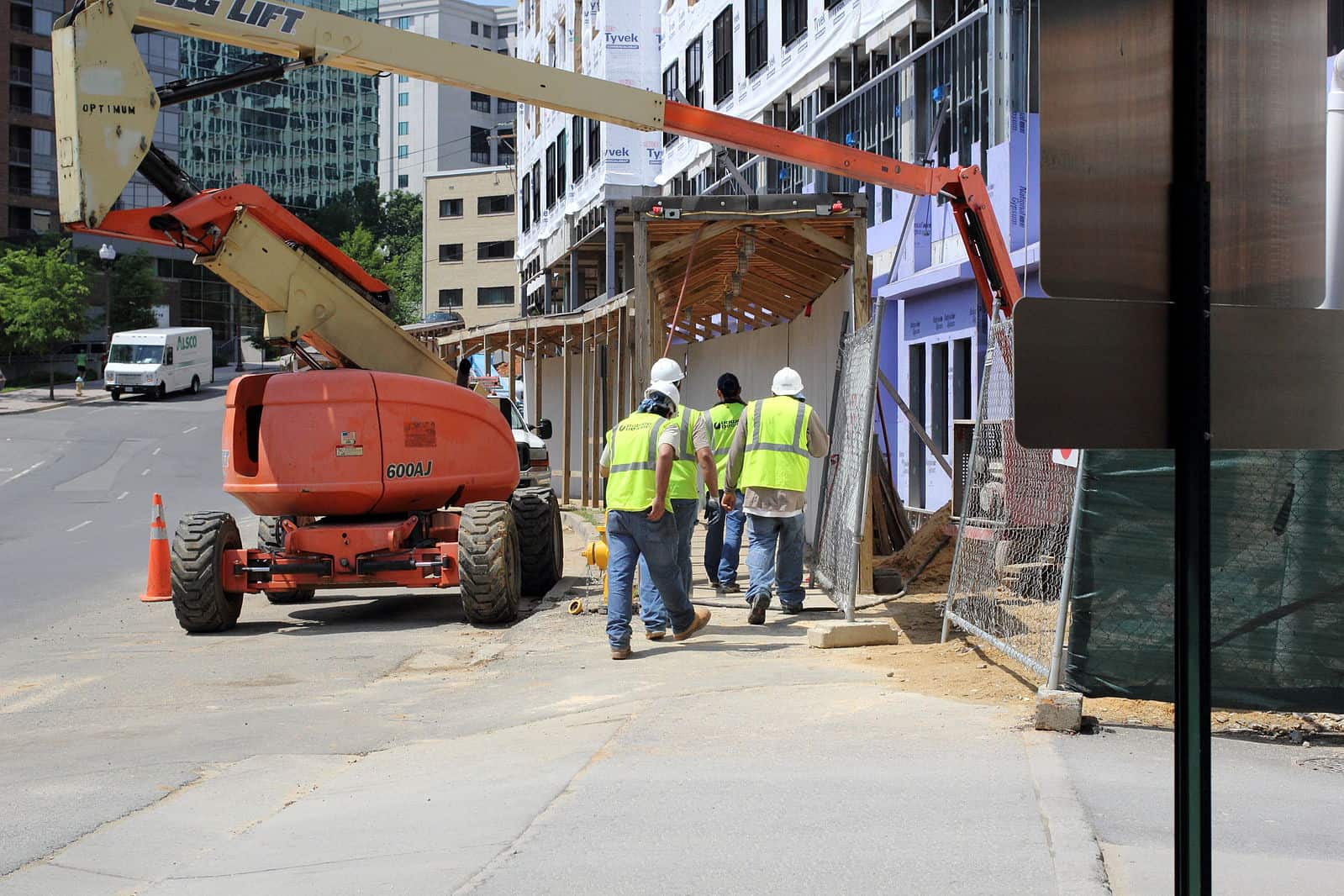
Maddie Chang is a student at Harvard Law School.
In today’s news and commentary, Oregon considers a bill to address wage theft in construction, the EEOC brings a discrimination claim against a restaurant on behalf of a transgender employee, and a new Department of Labor survey finds widespread labor violations in the Southern California garment industry.
The Oregon state legislature is considering a bill to address wage theft in the construction industry. House Bill 2057 would make general contractors responsible for their subcontractors’ wage theft, and would allow workers to sue for their wages for up to six years after the work took place. The idea behind the bill is that because general contractors are more established and stable than subcontractors, workers are more likely to recover unpaid wages. General contractors are also in a better position to prevent wage theft in the first instance in their selection of subcontractors. The Oregon Law Center, which testified at the bill hearing further explained: “The tiers of employment make it difficult for workers to reclaim unpaid wages because each tier is free from any liability to the next.” The bill’s third reading is scheduled for today.
The Equal Employment Opportunity Commission (EEOC) is bringing its first claim on behalf of a trans worker since 2017. The suit alleges that T.C. Wheelers Bar & Pizzeria in Tonawanda, New York subjected Quinn J. Gambino, a trans employee, to harassment by misgendering him, asking invasive questions about his body, and making anti-trans comments. The claim is that this harassment amounted to constructively discharging Gambino. In pursuing this case, the EEOC is building on the Supreme Court’s 2020 ruling in Bostock v. Clayton County, which held that discrimination against trans workers violates Title VII. The agency first sought a pre-litigation settlement through the conciliation process. It now brings this suit in the U.S. District Court for the Western District of New York, Buffalo Division.
Last week, the Department of Labor released the results of a survey of the garment industry in Southern California that found widespread violations of the Fair Labor Standards Act (FLSA). 80 percent of garment manufacturers and contractors surveyed were found in violation of the FLSA. The Department’s Wage and Hour Division also found that in 2022, 32 percent of contractors were paying workers piece-rate wages (paying workers based on the number of garments produced), a practice which became illegal in California at the start of that year. As reported in the LA Times, the survey reported an instance where a contractor paid garment workers as little as $1.58 per hour. Partially in response to these findings, garment workers gathered on Tuesday morning to protest outside the Los Angeles City Council. They were also protesting upcoming zoning decisions that will impact the Garment District.






Daily News & Commentary
Start your day with our roundup of the latest labor developments. See all
February 20
An analysis of the Board's decisions since regaining a quorum; 5th Circuit dissent criticizes Wright Line, Thryv.
February 19
Union membership increases slightly; Washington farmworker bill fails to make it out of committee; and unions in Argentina are on strike protesting President Milei’s labor reform bill.
February 18
A ruling against forced labor in CO prisons; business coalition lacks standing to challenge captive audience ban; labor unions to participate in rent strike in MN
February 17
San Francisco teachers’ strike ends; EEOC releases new guidance on telework; NFL must litigate discrimination and retaliation claims.
February 16
BLS releases jobs data; ILO hosts conference on child labor.
February 15
The Office of Personnel Management directs federal agencies to terminate their collective bargaining agreements, and Indian farmworkers engage in a one-day strike to protest a trade deal with the United States.